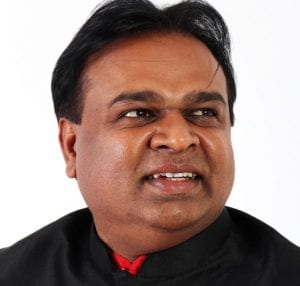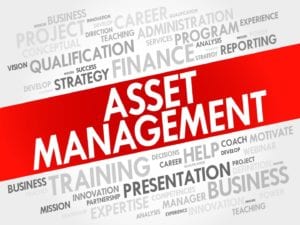IMIESA speaks to Dinesh Chaithoo, MD of Chaithoo, about the company’s expanding business model, which includes a growing footprint in Africa for a range of solutions founded on civil engineering design and construction, contract law, and project management. Infrastructure asset management is an overriding focus.
What is your current and future business strategy?
DC Founded in 2013, Chaithoo is foremost a consulting engineering firm; but, in today’s world, that must dovetail with a broad spectrum of other disciplines, like IT, project management and transaction advisory services. These are all areas in which we currently specialise. In terms of IT, we work with the leading proprietary design packages, in addition to developing our own tailor-made software. In the transaction advisory space, I am one of three locally based practitioners registered with International Advisory Experts (IAE). This is a global alliance of financial and consulting firms that are committed to providing clients with specialist solutions for their international business requirements, whether from a legal, financial or tax perspective when it comes to transacting in the intercontinental market. That’s a space in which South African companies need to grow, particularly in Africa. To date, I’ve visited the majority of the continent’s 56 countries, so that gives me good insight into current and future opportunities. My IAE involvement – combined with senior management experience in roads, structures and bridge design with two major global consultancies – has been particularly beneficial. Chaithoo currently has a number of projects on the go in Africa. We also have a registered office in Yaoundé, Cameroon. Among other endeavours, the government of Cameroon has appointed Chaithoo to assist in a transaction advisory capacity regarding infrastructure delivery ahead of their hosting of the 2019 FIFA African Cup of Nations tournament. Roads and bridge design has been a fundamental passion throughout my career, and expertise in this area has resulted in my branching out into forensic engineering investigations. A past example is an assignment in Christchurch, New Zealand, where I was tasked with assessing the damage caused to municipal infrastructure following a major earthquake in 2010. What are your thoughts on education?
What are your thoughts on education?
It’s what defines us, and there are no limits with education. I’ve shared my experiences by delivering a number of technical papers locally and internationally, among my peer group, as a registered professional. In addition to this, I feel a responsibility to inspire young engineers, as well as the full spectrum of aspiring artisans and specialist engineering subcontracting trades. For me, education is an absolute passion and my time outside of running a growing consultancy is spent making sure that those who have the vision and ability have the chance to grow.
I teach mathematics and physical science at our offices next to a local high school, where I place this science in a practical perspective that makes sense: geometry and trigonometry are not purely puzzles to be solved; they, along with many others, are ancient tools that have built everything we see around us. I’ve also been a Unisa lecturer for close to six years, teaching Foundation Engineering IV and Geometric Design IV, and my contract has recently been extended to October 2021. It’s such a rewarding experience to see young learners achieve their full potential.
How would you define entrepreneurial excellence in engineering?
Applied experience is the foundation. The rest boils down to innovation. I always say that if you have a dream, pursue it. That’s what I want for Chaithoo: to build a business that leaves behind an enduring legacy of successful outcomes. As civil engineers, we have a social responsibility to build lasting infrastructure. Those of us who’re also entrepreneurs have an additional obligation to assist developing SMME consulting and contracting companies. Many of them are struggling in the current business climate and would definitely benefit from mentorship and professional advice.








